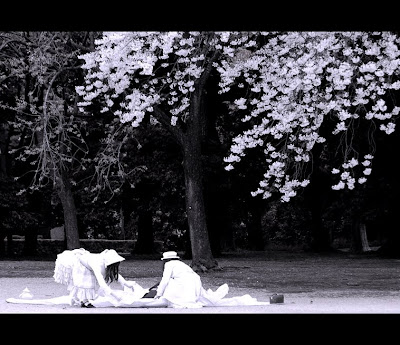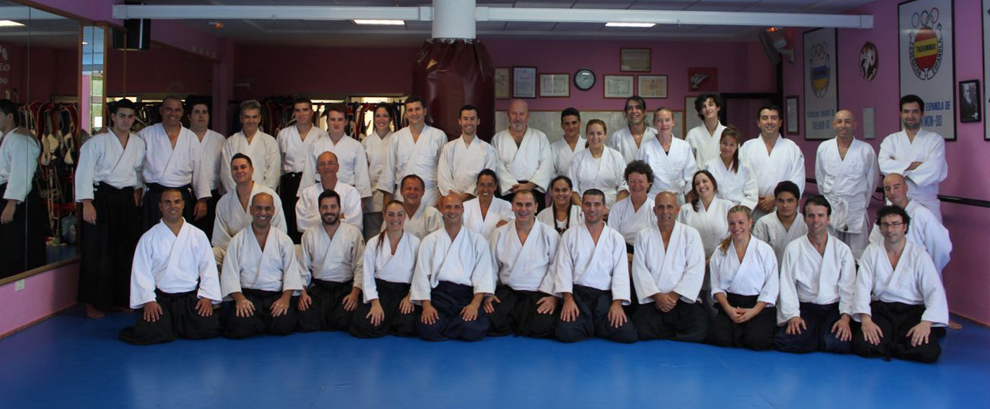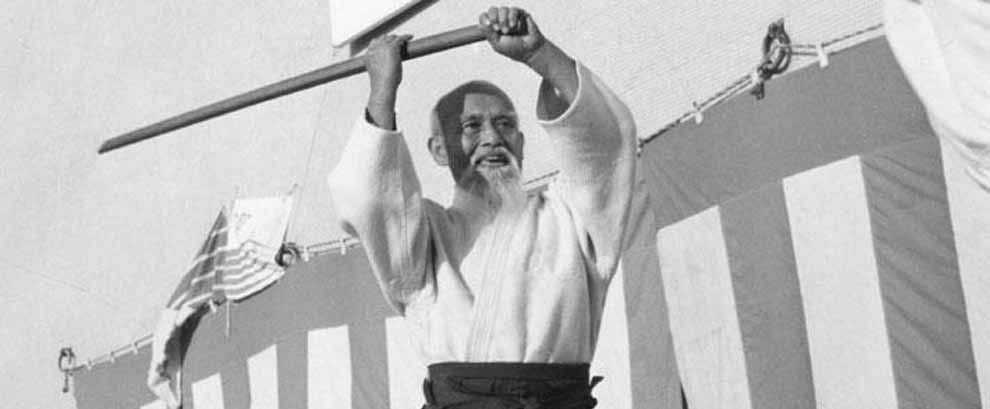1.April, 2011 (Freitag): Japan kennt keine Aprilscherze, the 1. April ist in Japan die Zeit des Neubeginns. Kinder werden eingeschult, das neue Geschäftsjahr fängt an, Uni-Absolventen erleben ihren allerersten Arbeitstag, und ja, es ist die berühmte Kirschblütenzeit.
Am Samstag werde ich mit einigen Freunden, die ich während meiner Bewerbungsphase hier in Tokio kennengelernt habe, “Ohanami” machen. “Ohanami”, wortwörtlich “Blüten anschauen”, ist ein Picknick (explizit mit Bier und Sake) unter Kirschblütenbäumen. Die wunderschönen rosaweißen Blüten der Kirschbäume, die dann überall zusehen sind, erhellen das Gesamtbild der Stadt und die Seele der Menschen und fangen ab Mitte April an, wie Schneeflocken auf den Boden zu fallen. It is one of the finest seasons. However, it is currently too early actually to Ohanami, because the cherry trees not even bloom here. We picnic anyway.

There currently prevails in the public a little discussion about it, whether you are with such “solemn” Should restrain activities, in memory of the earthquake and tsunami victims. Shintaro Ishihara, the mayor of Tokyo, has officially arranged, not as usual an extra trash cans and toilet cubicles in the Tokyo parks to set up. Now it was time “to share the pain of fellow citizens”.
The counter argument is, that one should just hold to such times of crisis Festivals, to encourage the people in the crisis areas. In Nikkei editorial newspaper an interesting example from the period of World War II was mentioned yesterday:
At the time of the Second World War it was called then officially by the government, one should save and cancel all festivals, in short, meant by everything fun, people should restrain themselves. The reality, however, was different. Two months before the war ended – at the time Tokyo was already only a large burned ruins – yet found concerts, Movies were filmed, Celebrations were organized. More than normal.
The author of the article reminds, that such celebrations encourage people. In the article it says, that a soldier abroad by the letter his mother again took courage and hope for life, when he read it, that the burnt ruins like every year a traditional festival celebrated in the home.
Everyday life as an encouragement, as hope donors, so the message of the article – I find that right. It is in this spirit, and also to the consumer to maintain, so I will tomorrow at noon to “Ohanami” go, and in the evening with my family eating out. In this sense “Silly” to Germany, or as we say Japanese: “aka kan-pai”.
The author of the diary is a 29-year-old business consultant from Tokyo. The author's name, the editors have changed at his request.
From:Handelsblatt.com









Latest Comments